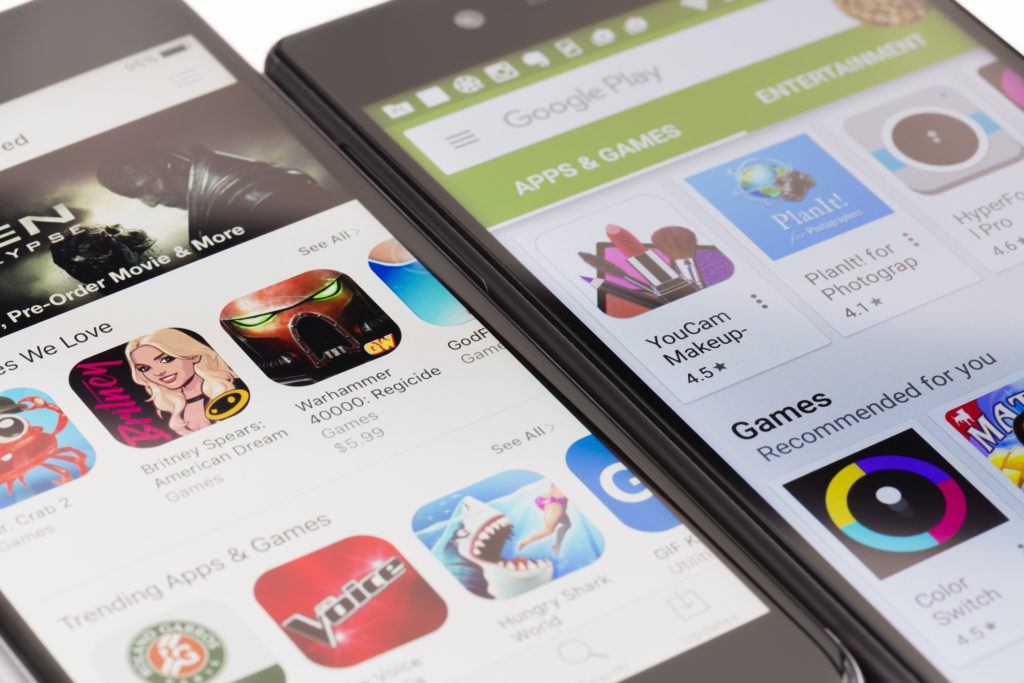In a bid to enhance competition within the app payments market, the Japanese government recently unveiled its intention to enforce new regulations on Google and Apple. These rules will mandate the tech giants to allow developers to utilise alternative payment systems, distinct from their own.
Changes in Japan
The government panel’s report suggests that Google and Apple should enable smartphone users to securely install applications from sources other than their respective platforms, namely the App Store and Google Play Store. These proposed measures aim to foster a more competitive and diverse app ecosystem in Japan.
Alongside these measures, the government intends to implement additional regulations that would compel Apple and Google to streamline the removal of pre-installed apps from iPhones and Android devices. This move aims to offer users greater control and flexibility over their device’s software.
The government panel’s report comes in the wake of a comprehensive investigation conducted by the Japan Fair Trade Commission, which highlighted the lack of competitive pressure faced by Apple and Google in Japan’s mobile operating system and app distribution service market. These findings serve as a catalyst for a more proactive approach in introducing new rules.
Worries over tech monopolies are a global matter
Google and Apple have faced regulatory scrutiny worldwide due to concerns over competition, leading to changes in their business practices. Apple, for instance, faced a €50 million fine by the Dutch Consumers and Markets Authority (ACM) and subsequently allowed Dutch dating apps to offer alternative payment options.
Master Mobile Media Buying Design Secrets! 📱🚀
Ready to skyrocket your campaign results? Grab your free guide packed with design strategies for better ad performance.
Learn MoreTo comply with the EU’s Digital Markets Act, Apple is expected to introduce the ability to sideload apps for European users, though it wasn’t included in the initial beta of iOS 17.
On the other hand, Google launched its User Choice Billing program in Japan in September, enabling Android developers to offer alternative payment methods alongside Google’s own system. This program, which reduces the contentious in-app purchase fee by 4%, was later expanded to the United States, South Africa, and Brazil in November.
These initiatives reflect the efforts of both companies to address competition concerns and accommodate alternative payment preferences in different regions.
Key takeaways
- New regulations on Google and Apple aim to diversify app payments and installation sources
- Google and Apple face regulatory pressure worldwide, resulting in changes to their business practices
- Initiatives like alternative payment methods and app sideloading cater to evolving consumer preferences











